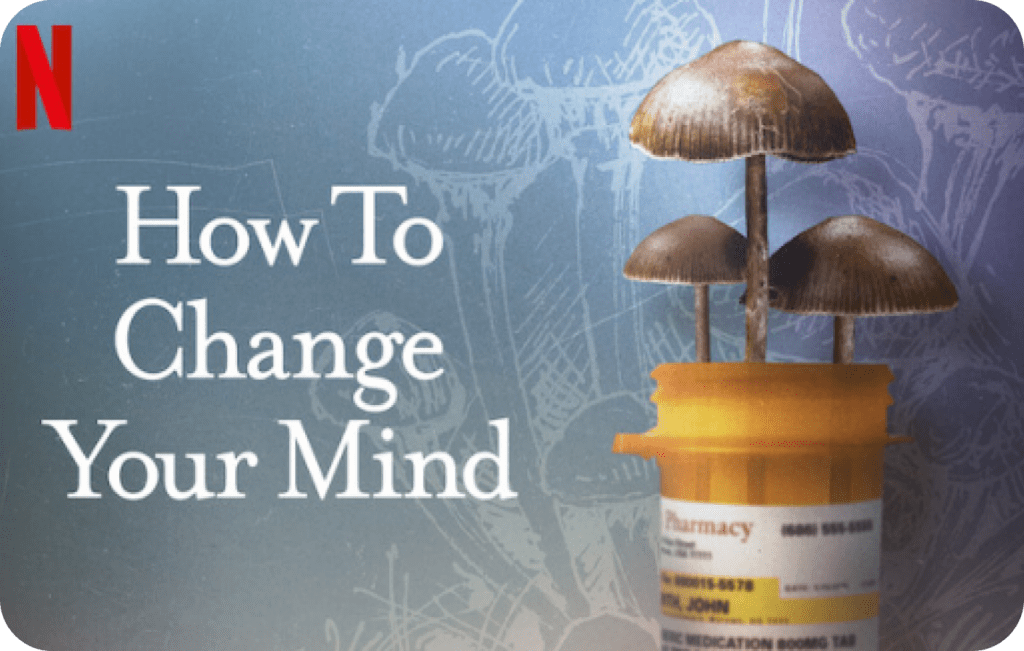By Bill Richards, Ph.D. | Psychology Today
Published by the Modern Medicine Group


The Importance of Trust.
The role of the therapist in psychedelic therapy has changed a great deal over the course of my career. When I was 23 years old, I received a psychedelic as part of a research study at the University of Göttingen in Germany. I was led to a basement room with a narrow window overlooking the hospital garbage cans, given an injection of psilocybin, and left alone.
We’ve learned a lot since then! We certainly know that psychedelic therapy is not a passive experience—you don’t just throw the drug in the mouth and see what happens. The set (mindset) and setting (environment) are of the utmost importance, as is the quality of the relationship with the therapist who is present throughout.
The Resurgence of Psychedelics in Medicine
Psychedelics aren’t new; in fact, much like mushrooms, they pop up, then they vanish, then they come back up. Psychedelics have emerged, been suppressed, then re-emerged time and time again. The last time they were shut down was in 1977.
I worked on some of the last research studies before it all became illegal. They re-emerged in the 1990s, initially with a number of small studies in academic institutions, progressing to today, when we have a rapidly growing industry of public and private organizations researching and developing therapies for mental health disorders including depression, anxiety, PTSD, anorexia nervosa, and addiction.
With this renewed interest has come an increased understanding (and development) of the role of the therapist in psychedelic therapy. Essentially, we have learned that by creating a safe, comfortable, and welcoming environment, with the presence of an engaged and supportive therapist, we can really impact the experience and potentially the outcome.
The Importance of Trust in Psychedelic Therapy
The therapist’s role in psychedelic therapy is to be a constant, steady, reassuring presence throughout the psychedelic experience. The drug allows us to open the door, but what happens when the door is opened depends on the intentions and attitudes of the participant, supported by their therapist.
For safe and effective psychedelic therapy, patients need to trust themselves, be open to their experience, and feel empowered to confront whatever emerges, whether that be beauty, boredom, or suffering. When we prepare people for their psychedelic therapy, we encourage them to actively engage, to be willing to go ”in and through.”
For example, if you see a monster, you dive into its eyeball and ask, “Why are you here?” You don’t run away from it, because if you do, it will just chase you; the monster has something to teach you. Especially in sessions with moderate or high dosage, it is important to “turn off the verbal, chattering intellect” and simply “collect experiences” for subsequent reflection and analysis.
The therapist then needs to be a calm presence for the patient, providing constant and steady support as they safely confront challenging experiences. Trust is critical. If a patient can trust their therapist, they can mirror that trust and be open to trusting their own mind.
Therapists create this trust by being totally present and accepting of the person they are supporting. Instead of approaching the patient as a mechanic might approach a broken car, in psychedelic therapy, the therapist must approach the patient with curiosity, respect, and open-mindedness. This helps the patient to do the same.

Delivering Psychedelic Therapy in the Real World
When I packed up my office in 1977 following the shutdown of psychedelic research, I did not know when or whether I would be able to continue my contributions to this profoundly promising frontier of knowledge and treatment. My mantra at the time was: “Trust, let go, be open.”
We have come a long way in psychedelic research, and I believe that this time it is here to stay. This means we need to get things right to ensure widespread acceptance and adoption. We must educate healthcare professionals, decision-makers, insurers, and patients and their families on psychedelic therapies, including how they should be delivered and their potential benefits in treating mental health disorders.
Once these therapies have been approved, one of the biggest obstacles to widespread access will be training enough therapists to deliver them on a large scale. Therapists come from a wide range of career backgrounds, often related to being comfortable with people, such as carers and counselors. Training involves developing high-quality standards that are recognized, monitored, and maintained. We know that effective psychedelic therapists need to be authentic and well-grounded within themselves, capable of being present with focused attention, willing to respect whatever may emerge in a particular person’s mind on that particular day without intrusiveness, manipulation, or judgment, yet also capable of providing strong support when, or if, it may be needed.
The logistics involved in delivering psychedelic therapies in the real world are complex. But the starting point is always the patient: ensuring their safety and a high probability of therapeutic benefit.
The Role of Therapist is a Privilege
Psychedelic therapy can be an incredibly valuable tool for awakening human potential, and the role of the therapist is one of immense privilege. We have the privilege to be with someone in an honest, trusting setting and to witness part of their unique life and experience.
Therapists must be open, genuine, and non-judgmental. We have a responsibility to our patients to ensure their experience feels safe and supported at all times, including in their post-session integration. This provides the best chance for an effective outcome.
Trust, let go, be open.


